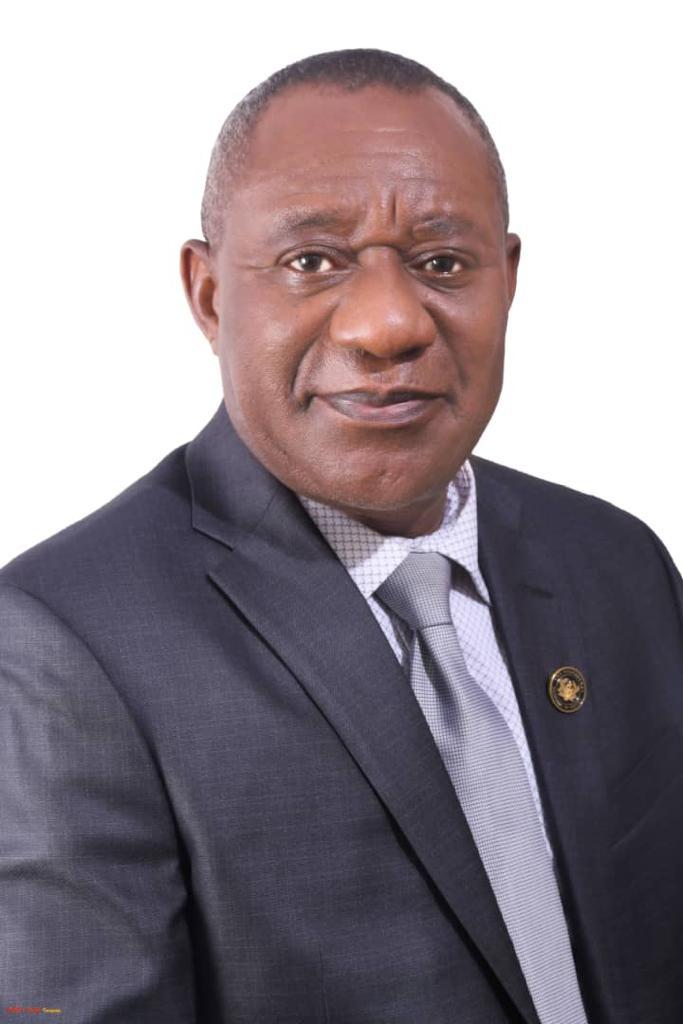As an Agency whose mission is to see ‘a Ghana’ in which all sections of the community value the environment and strive to attain an environmentally sustainable development, the Environmental Protection Agency (EPA) strives to educate Ghanaians on practices that are environmentally friendly and compliance to environmental laws.
EPA under the Ministry of Environment, Science, Technology and Innovation of the Republic of Ghana is responsible for the management and protection of the environment. The Agency was established by an Act of Parliament, EPA Act 1994, Act 490 with responsibilities that include;
- Environmental Permitting and Licensing
2. Enforcement of Environmental Laws and Regulations
3. Research into critical and emerging Environmental Issues
4. Education, awareness creation and guidance for the protection of the Ghanaian public.
As such, EPA has the legal mandate to oversee, coordinate and regulate all issues regarding the environment.
EPA’s SERVICES
With the Agency’s core values being service, dedication, integrity and teamwork, we are committed to providing quality and efficient services which include the following:
- Issuance of Environmental Permits and Licenses
The Agency:
- Issues environmental Permits for undertakings that are likely to have significant impacts on the environment.
- Registers all pesticides imported, exported, manufactured, formulated, distributed, advertised, sold or used within Ghana.
- Issues licenses to Importers/Distributors, Pesticide Warehouse Facilities, Pesticide Retailers and Commercial Pest Controllers.
- Issues clearage certificates for the importation of industrial chemicals.
- Provides licenses/ certificates to importers who import refrigerants into the country through the GC- Net system.
- Provides permits to importers for the clearance of refrigerants from the port.
- Environmental Quality Monitoring/Laboratory Services
The Agency renders Environmental Quality and Laboratory services for the following:
- Water/Effluent Quality Monitoring & Studies
- Air Quality Monitoring (Ambient and stationary)
- Noise Level Assessment
- Laboratory Services
- Consultancy Services
- Enforcement and Control (Issuance of Pollution Abatement Notices and Issuance of Enforcement Notices)
- We issue notices for controlling waste discharges, emissions, and deposits as well as other sources of pollutants that are dangerous or potentially dangerous to the environment.
- We also issue Enforcement, Prohibition, Pollution Abatement and Closure notices to non- compliant undertakings.
- Awareness Creation and Environmental Education
The Agency creates public awareness and conduct education on environmental issues in collaboration with our stakeholders.
- Environmental Complaints Management
We have in place a Grievance Redress Mechanism (GRM) to help resolve complaints from clients and the general public in a timely, effective and efficient manner. Complaint forms can be accessed through the Agency’s website (www.epa.gov.gh) and its offices across the country.
- Technical Support Services
We provide technical support and advisory services including:
- Strategic Environmental Assessment (SEA)
- Legal Searches and due diligence
- General Consultancy Services
- Training in Environmental Management
The Agency has 31 offices across the country and as an integral part of its services, the Agency has an Institute for Environmental Studies (IES) at Amasaman, Accra and the Ghana National Cleaner Production Centre (GNCPC), Tema to train, promote and facilitate the adoption of best practices in environmental management. Located in a serene environment, IES also provides hostel facilities and catering services at comparatively moderate rates.
MEASURING AND EVALUATING PERFORMANCE
As a public institution, we strive to always implement appropriate mechanisms to measure and evaluate our performance against our commitments in our line of duty. We use a range of tools to assess our performance on a regular basis.
These include:
- Feedback and suggestions from our clients on a regular basis
- Consultation with our clients
- Using information systems to manage correspondence
- Technology and audits to ensure client service tools used are up to date.










